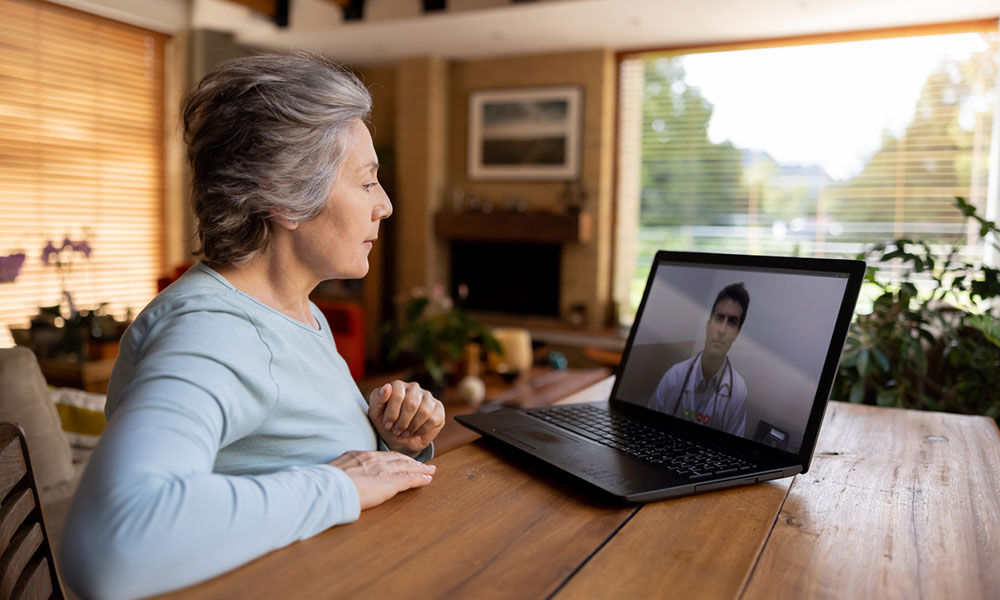
As the new year arrives, many people resolve to take better care of their health.
But, as UBCO researchers have determined, the road to improved health isn’t always smooth for people who live in small and rural communities.
“Diabetes, cardiovascular disease, asthma, poor mental health and obesity are higher in rural and remote areas than in urban communities in Canada,” explains Dr. Kathy Rush, Professor in UBCO’s School of Nursing. “Such health inequities are exacerbated by geography.”
Hazardous mountain passes, snowstorms, ferry schedules, travel time and fuel costs all are challenges people in rural places face when trying to meet their health-care needs. Knowing these challenges so well, Dr. Rush and other UBC Okanagan faculty across multiple disciplines teamed up to create the Rural Health Equity Cluster. Their goal is to improve the lives of rural residents through conducting community-based rural health research.
The cluster’s latest research examines how technology can better connect rural residents to health-care services. Participants from 10 rural communities in BC’s interior were asked to brainstorm technology solutions. They then rated the solutions on both their feasibility and their importance. Lastly, the researchers and participants came together as a group to interpret the results.
“Engaging with the community provided a diversity and richness of ideas,” says Dr. Rush. “The participants not only told us about the potential of technology, they also wisely informed us of its pitfalls.”
“The participants in this study made clear that digital literacy is often overlooked in the development of technology solutions,” says Dr. Eric Li, Associate Professor in the Faculty of Management and fellow co-lead of the cluster. “This confirmed for us that rural voices must be included in the design and delivery of tools to advance health equity.”
Please visit the UBC Okanagan news site to read the full story.
Through Strategy 16: Public Relevance, UBC is working to align our efforts more closely with priority issues in British Columbia and beyond, through dialogue and knowledge exchange.